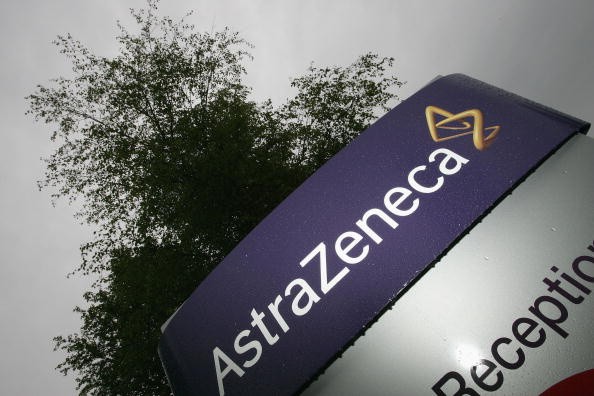Generative AI-Built Cancer Antibodies will reportedly be worked on by AstraZeneca and Absci after signing a deal approximately worth $247 million, as reported by Reuters. This move is in line with AstraZeneca's long-term goals of replacing chemotherapy.
As per the Financial Times, the partnership seeks to use Absci's AI technology for large-scale protein analysis in the search for a workable cancer treatment, which is the primary goal of Anglo-Swedish pharmaceutical company AstraZeneca.

According to Reuters, the company Absci states that with AstraZeneca, the companies are working together to develop a zero-shot generative AI model that will help develop novel and enhanced antibody therapies, but the specific cancer targeted has yet to be stated.
The agreement covers milestone payments, research and development financing, an upfront fee for Absci, and royalties on any product sales.
AstraZeneca Replacing Chemotherapy
AstraZeneca's aim of creating AI-assisted cancer antibodies is the latest development regarding the company's recently announced aim of replacing chemotherapy.
Last July, Dave Frederickson, executive VP of AstraZeneca's oncology business, discussing AstraZeneca's efforts on breast cancer treatment, reportedly said that the firm is in a position to develop drugs in the future that are suitable for all of the many subtypes and phases of breast cancer treatment, with the potential to replace chemotherapy in the case of late-line breast cancer completely.
In October, as per a separate Financial Times report, AstraZeneca revealed its whole trial data, reassuring investors that the firm remains on track to meet its aspirations to replace conventional chemotherapy with a new generation of tailored treatments.
Presenting two clinical studies, one for breast cancer and the other for lung cancer, AstraZeneca demonstrated that their novel treatment outperformed the chemotherapy that physicians had been reliant on for more than ten years. Fredrickson said this was a "huge accomplishment" in a "very ambitious program."
AI as the Future of Medicine Development
Puja Sapra, a senior vice-president at AstraZeneca who oversees biologics engineering research and development, reportedly said that the partnership with Absci is an "exciting opportunity" to use the business's AI for antibody production.
The senior vice president stated that artificial intelligence is helping society find more and better biologics faster and increasing the variety of biologics. Sapra further noted that the company integrates AI into every step of its research and development process through partnerships with Absci.
The founder and CEO of Absci, Sean McClain, stated that using engineering concepts in drug discovery increased the likelihood of success and shortened the time needed for development. Reuters reports that using generative artificial intelligence, Absci creates the best possible drug candidates based on factors including target affinity, safety, and manufacturability.
This collaboration follows Absci's continued AI development in the field of medicine after it recently announced an alliance with Almirall, a global biopharmaceutical company, to continue drug research to create and market AI-powered treatments combating severe and persistent skin conditions and provide patients with life-changing medications.
This collaboration will reportedly combine Absci's Integrated Drug Creation platform with Almirall's dermatological experience, representing a significant advancement in AI drug production.

ⓒ 2026 TECHTIMES.com All rights reserved. Do not reproduce without permission.




